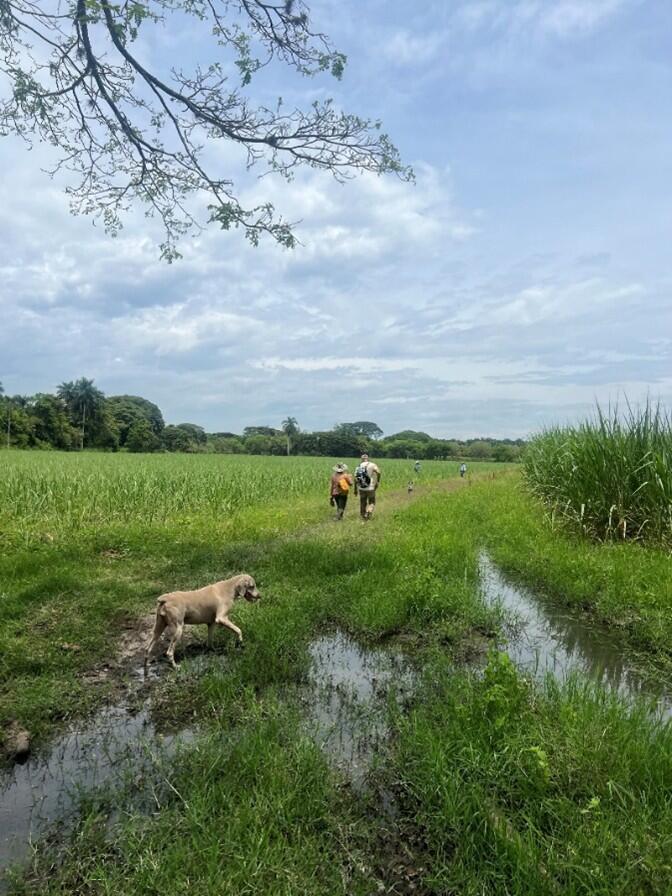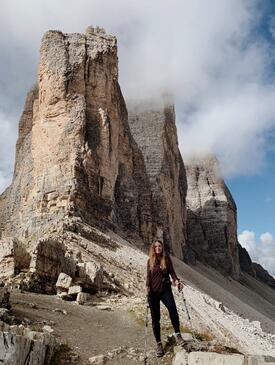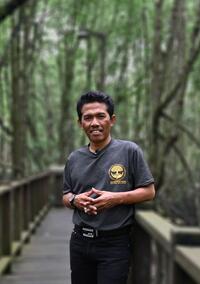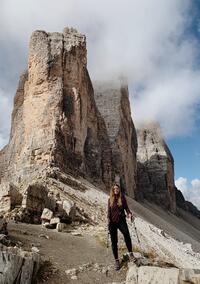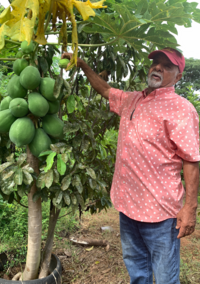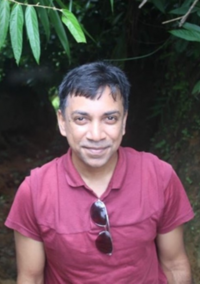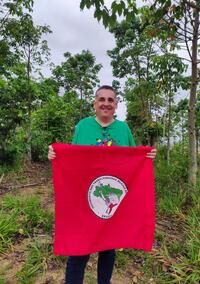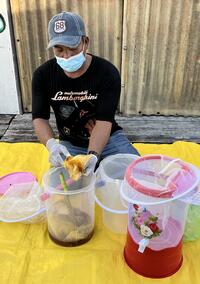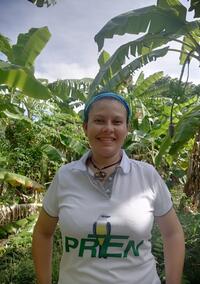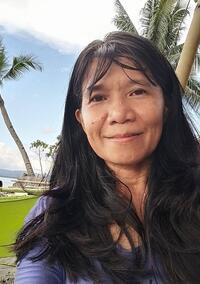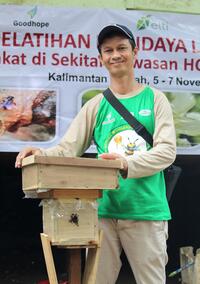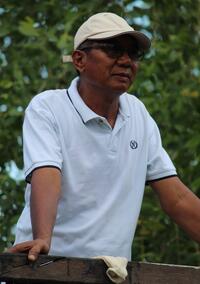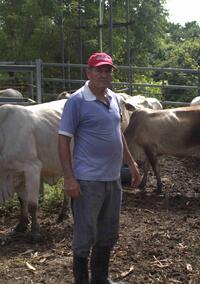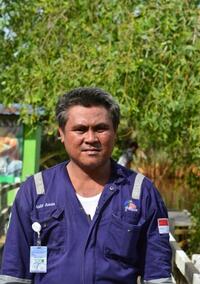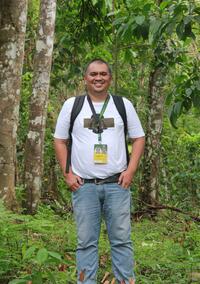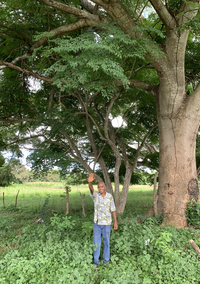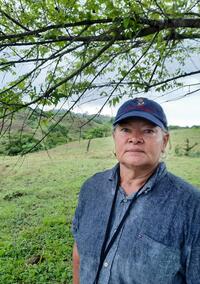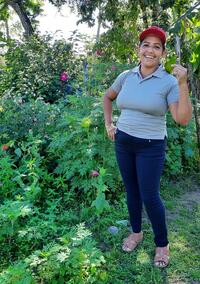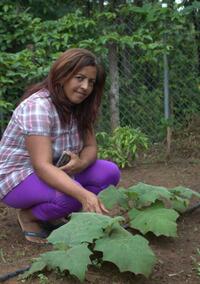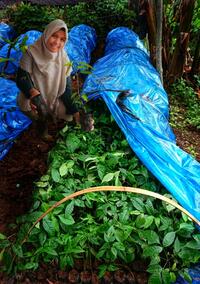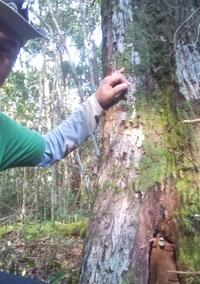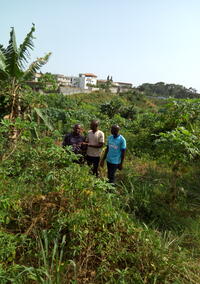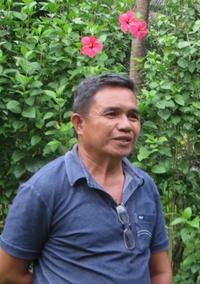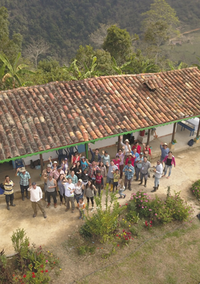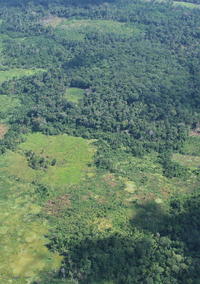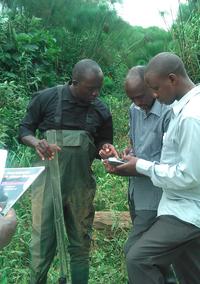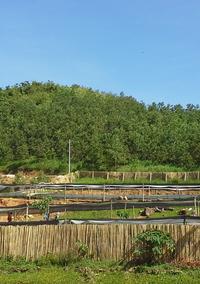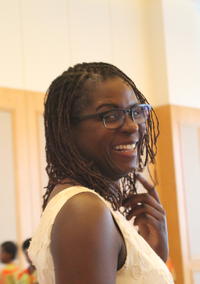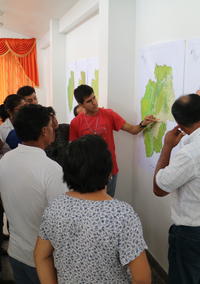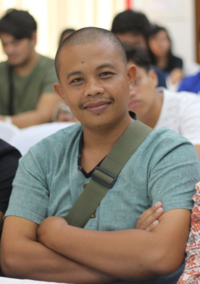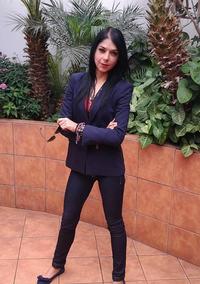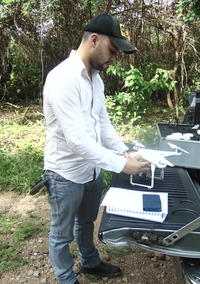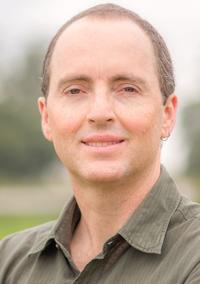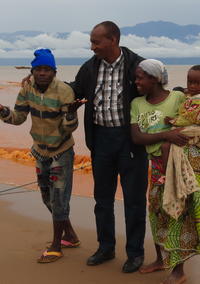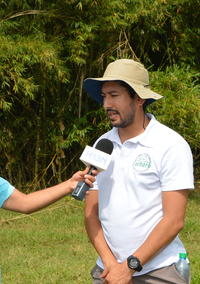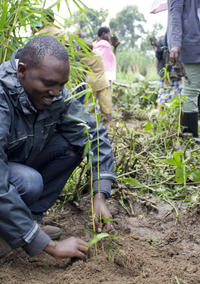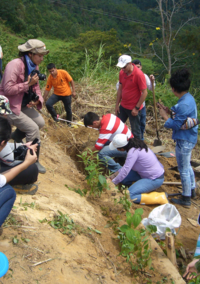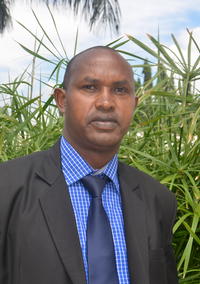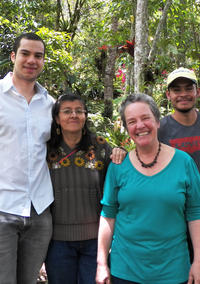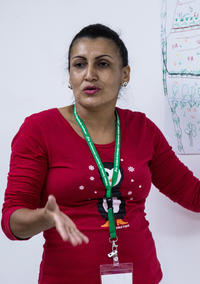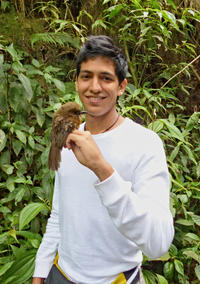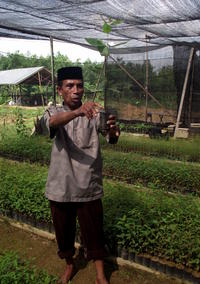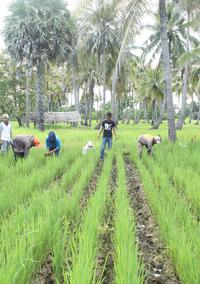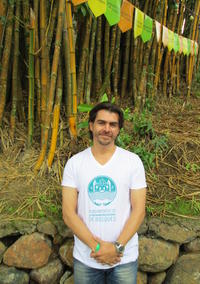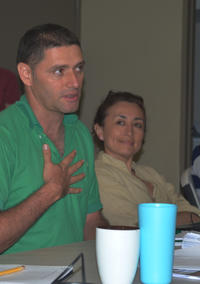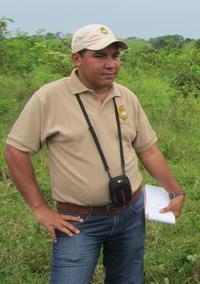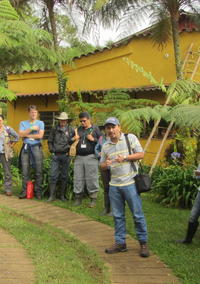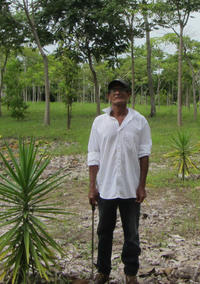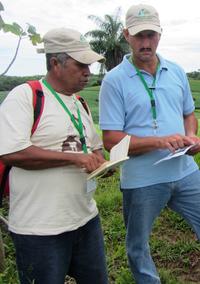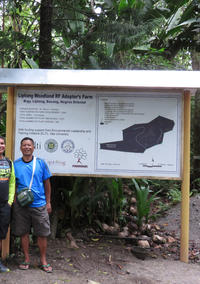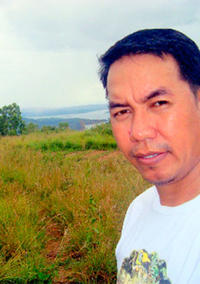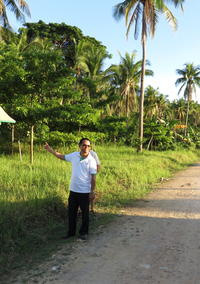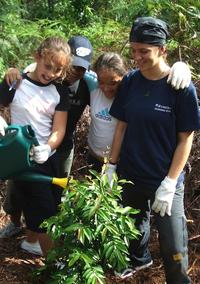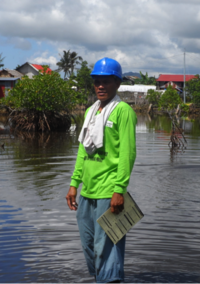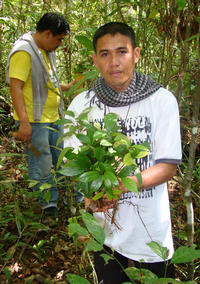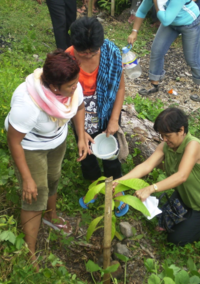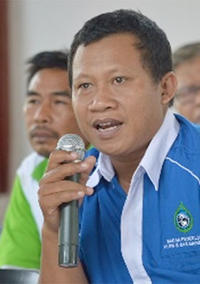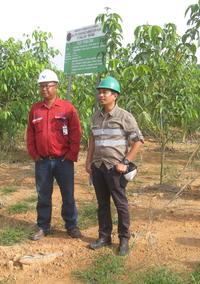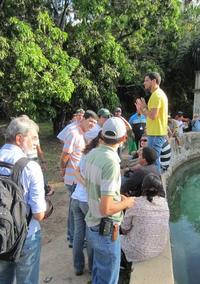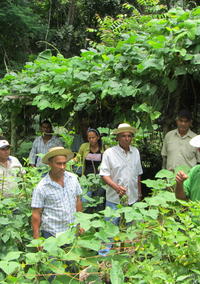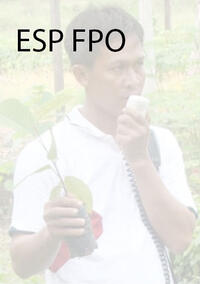You are here
Integrating Food Systems and Conservation Programs
Her interest in the relationships between food systems and conservation of natural resources led to a career in international management and sustainable business in which she has worked for Unilever, NGOs, United Nations agencies, and consulting firms. Her goal is to work toward integrating reforestation programs with supply chains for commodities such as coffee, cocoa, and vanilla, ensuring an environmentally and economically sustainable approach along the entire value chain. A critical issue for Pedrinelli is addressing inequities of production systems in which farmers receive only a small portion of a product’s retail price.
Pedrinelli recognized that addressing the intricate web of environmental and social challenges related to conservation and food systems requires a reservoir of specialized technical knowledge and interdisciplinary thinking, and she sought to complement her background with such knowledge. She says, “I do not believe anyone ever reaches a true expert position in climate and environmental work, as it is a dynamic space. What you can become is knowledgeable enough to learn how to adapt to the ever-changing landscape and navigate it.”
Pedrinelli enrolled in the 2020–2021 session of ELTI’s Tropical Forest Landscapes (TFL) program. She was drawn to the program’s interdisciplinary themes, the convenience of learning remotely while working full time, and the opportunity to participate in the TFL program’s optional field course in the tropics. During the program, Pedrinelli learned science and techniques of land management that are applicable to her current work with women and communities involved in the Vanilla for Change partnership in Madagascar.
The TFL program also enhanced Pedrinelli’s ability to write compelling project proposals, put together detailed program budgets, and succinctly present her project to diverse audiences. The skill-building exercises combined with her prior business training equipped her with a unique blend of technical knowledge and strategic planning skills, ideal for addressing complex environmental challenges. Says Pedrinelli, “This experience has significantly shaped my career, helping me deepen my expertise and communicate with a full-on understanding.”
The 2023 field course in Colombia also proved to be transformative for Pedrinelli, both personally and professionally, offering an opportunity to see the practical application of the theory taught in TFL’s online program. At El Hatico Natural Reserve, a regenerative agriculture farm run by the Molina family, she observed sustainable practices in livestock management and sugarcane production. Learning about Colombia’s ambitious biodiversity strategies and goals for its Nationally Determined Contributions (NDCs) sparked a desire in Pedrinelli to cultivate stronger ties with the country and its people. She returned to Colombia in 2024 to participate in the United Nations Conference of the Parties to the Convention on Biological Diversity (CBD COP16), which further refined her understanding of effective environmental solutions and reinforced the need to integrate technical expertise with on-the-ground adaptability.
Pedrinelli recalls that during that trip, she learned about sentipensamiento, the blending of feeling and thinking. This concept can be used to bring scientific understanding and emotional engagement to the consideration of the interconnectedness of natural and human-made systems.
Pedrinelli applies sentipensamiento in her current position at UNHCR, the UN Refugee Agency, where she focuses on developing innovative financing mechanisms to fund reforestation and clean cooking solutions in refugee and host community areas. She also mentors Global Shapers and entrepreneurs through platforms such as the Accelerate Cambridge and the World Economic Forum, emphasizing the importance of both scientific understanding and stakeholder engagement for meaningful change.
by Airi Gavan, updated June 4, 2025
While before I was more of a sustainability generalist, the TFL program has given me a deeper understanding, particularly through the lens of nature-based solutions. It has helped me develop a more nuanced grasp of the technical, business, and social dimensions of nature conservation and sustainable development.
Pilar Pedrinelli
